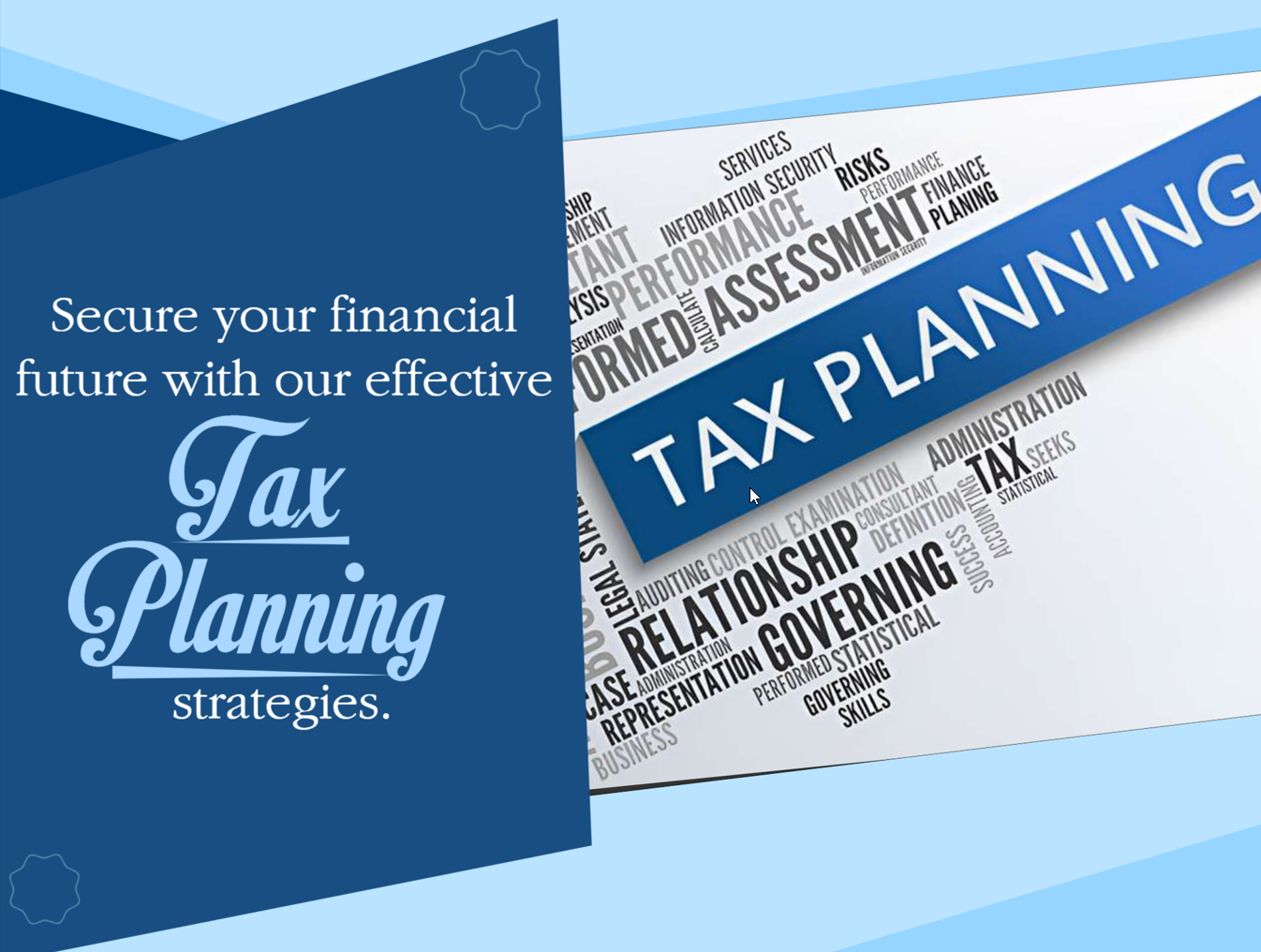With the new financial year 2023-2024 on board, soon you will be required to make the tax declarations to the company OR if you are a non-salaried person then you need to plan your money with maximum tax saving investment options possible.
In budget 2023, changes in the tax structure were announced. Some of you might question how this new tax structure will impact us. While some of you might be concerned about the selection of tax regime. i.e., Old tax regime or the New tax regime which is more beneficial for me to save the tax, for that I have created a separate article (OLD TAX REGIME OR NEW TAX REGIME FOR THE YEAR 2023-2024 -WHICH ONE IS BENEFICIAL?)
As we know that, under the new tax regime, no tax deductions are allowable. So if any person opts for Old tax regime only then he must go for tax saver investments.
As it is the start of the financial year 2023 -2024, it is always advisable that we start investing our money wisely at earliest. Sooner the better. Through this article, I am going to cover some selective deductions to help you save the tax by better tax planning.
1.Section 80C
- Invest in at least one LIC scheme
- Open a PPF account in any bank who’s rate of interest is as per the PPF norms
- Invest in tax saving mutual fund
- Sukanya Samriddhi Yojana (Post office scheme for a girl child)
- Home Loan Principal repayment
- Equity Linked Savings Scheme (ELSS)
- Unit Linked Insurance Plan (ULIP)
- Tax Saver Fixed Deposits
- Tuition fee for 2 children
- Stamp duty and registration cost on purchase of immovable property
The deduction limit under section 80C is Rs. 1,50,000. It must be noted that above listed investment not only are tax beneficial but also are risk free and help us earn good returns in the long run. This investments can be targeted for better retirement plan options as well.
2.Section 80CCD
Employers contribution up to 10% of salary can be claimed as deduction u/s. 80CCD(2). Self contribution to NPS can also be claimed as deduction. You can invest additional amount of Rs. 50,000 under NPS tier-I which is eligible for deduction u/s. 80CCD(1B). This deduction is allowable over and above the deduction limit of Rs. 1,50,000 u/s. 80C. To invest under NPS, you can create an online NPS account on the enps NSDL site. NPS has online deposit facility. For better tax planning you can invest 50000/12 = Rs. 4167 on monthly basis.
3. Section 80D
Health insurance (Mediclaim) is very important investment one must do, as recently we all have gone through the impact of coronavirus disease. When it comes to health expenses they are always on a higher side. So to secure against such unprecedented expenses a good health insurance plan for you and your dependent with at least minimum coverage of Rs. 5 lakhs on floating basis is must. Payment of medical premiums can be claimed as deduction u/s. 80D.
The deduction limit for below 60 years of age for self and family is Rs. 25,000 and additionally for parents it is Rs. 25000 i.e. Total Rs. 50,000 (inclusive of preventive health check up of Rs. 5000).
For parents above 60 years of age the deduction limit is Rs. 50000 i.e. Total Rs. 75,000 (inclusive of preventive health check up of Rs. 5000)
4. Section 80EEB
As we know that the petrol/diesel prices are always on hike. So if you are planning to buy a car OR two-wheeler you can go for electric vehicles. To purchase such electric vehicle when we take a loan and pay interest thereon then such interest payment is eligible deduction to be claimed u/s. 80EEB. The deduction limit under this section is Rs. 1,50,000. One can claim the benefit of this section only when the loan is approved between 1 January 2019 and 31 March 2023.
5. Interest on housing loan
Interest paid on home loan of purchase of property can be claimed as deduction u/s. 24 of IT Act.
Home loan comprises of two components : Principal and Interest. So the Interest component can be claimed as deduction under the head house property, the limit of which is Rs. 2,00,000 and the Principal component can be claimed as deduction under 80C of Chapter VI A deduction limit of which is Rs. 1,50,000.
The loan taken for renovation of house property is also eligible deduction under this section. The limit of such deduction is Rs. 30,000. However, the total deduction amount under this section cannot exceed Rs 2,00,000.
6. Other allowances
Above listed are tax saver investments. A salaried person can also claim tax benefit by way of allowances that are exempt in nature. Leave travel allowance, House Rent allowance, Travelling Allowances and other eligible reimbursement. Such allowances allows a tax benefit only when they are actually paid. There are some conditions for the calculation of exempt amount. The salary structure of an employee plays a vital role in the calculations.
Summary :
To conclude, if you want to gain maximum tax benefit under the old tax regime then you will have to do maximum tax saving investments. Tax savings with short term investment plans should never be opted. Only when we have a long term view, not only it enables to save taxes each year but also helps in earning good interest revenues over a period. Instead of opting a tax saver plan, an overall proper financial plan is always necessary.

